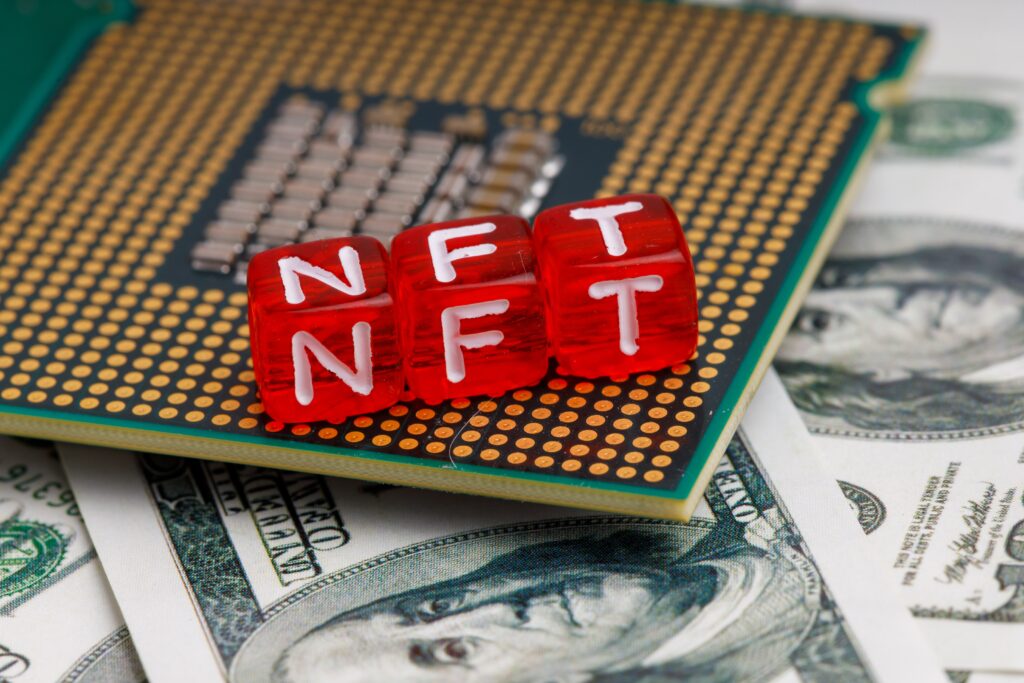Dive into the world of Blockchain in Supply Chain and discover how this innovative technology is revolutionizing the way businesses operate, offering unprecedented transparency, enhanced security, and increased efficiency.
Introduction
In today’s fast-paced and interconnected world, supply chain management plays a critical role in the success of any business. A robust and efficient supply chain ensures smooth operations, timely deliveries, and customer satisfaction. However, traditional supply chain systems often suffer from complex processes, lack of transparency, and vulnerability to fraud. Enter blockchain technology – a game-changer that has the potential to transform traditional supply chain management. In this article, we will explore the fascinating realm of Blockchain in Supply Chain and understand its impact, benefits, challenges, and future prospects.
Blockchain in Supply Chain: A Paradigm Shift in Transparency and Efficiency
Blockchain technology essentially functions as a decentralized and immutable ledger, enabling secure and transparent transactions among participants. In the context of supply chain management, blockchain brings unprecedented transparency, traceability, and efficiency. By leveraging the power of cryptography and distributed consensus, it eliminates the need for intermediaries, reduces fraud, enhances data accuracy, and streamlines processes. Let’s delve deeper into the transformative potential of blockchain in supply chain.
Enhanced Traceability and Provenance
Blockchain provides an immutable record of every transaction that occurs throughout the supply chain, from raw material procurement to final product delivery. This enables complete traceability and provenance verification, allowing businesses and consumers to track the journey of goods and ensure their authenticity. For instance, in the food industry, blockchain can trace the origin of ingredients, ensuring safety and ethical sourcing.
Improved Security and Trust
Traditional supply chains often suffer from vulnerabilities such as counterfeit products, tampering, and unauthorized access. Blockchain addresses these challenges by providing a decentralized and tamper-proof system. Each transaction recorded on the blockchain is encrypted, time-stamped, and linked to previous transactions, making it nearly impossible to alter or manipulate data. This fosters trust among participants and mitigates the risk of fraud, ensuring the integrity of the supply chain ecosystem.
Streamlined Processes and Efficiency
The adoption of blockchain streamlines supply chain processes by eliminating redundant paperwork, manual data entry, and complex reconciliation. Smart contracts, powered by blockchain, automate routine tasks and enforce predefined rules, reducing human errors and delays. This optimization leads to enhanced operational efficiency, cost savings, and faster transactions, ultimately benefiting all stakeholders involved.
Collaborative Network and Real-Time Visibility
Blockchain technology enables the creation of a collaborative network comprising suppliers, manufacturers, distributors, and customers. This interconnected ecosystem facilitates real-time data sharing, providing visibility across the supply chain. By accessing accurate and up-to-date information, businesses can make informed decisions, optimize inventory management, and respond promptly to market demands, creating a competitive edge.
Sustainable and Ethical Practices
With increasing consumer demands for sustainable and ethically sourced products, blockchain in supply chain can play a pivotal role in certifying and validating such practices. By recording information such as environmental impact, labor conditions, and certifications on the blockchain, businesses enhance transparency, build consumer trust, and contribute to a more sustainable and responsible supply chain.
Key Challenges and Considerations in Implementing Blockchain in Supply Chain
While the potential benefits of blockchain in supply chain are undeniable, businesses must navigate certain challenges and considerations when implementing this technology. Let’s explore some key factors that need to be addressed for successful adoption:
Scalability and Technical Limitations
As blockchain networks grow in size and complexity, scalability becomes a major concern. Traditional blockchain platforms struggle to handle the large volume of transactions required in global supply chains. Additionally, technical limitations such as high energy consumption and latency issues need to be overcome for widespread adoption.
Integration with Existing Systems
Integrating blockchain with existing legacy systems and processes can be a complex endeavor. Businesses must ensure seamless interoperability between different platforms, databases, and stakeholders. This requires careful planning, collaboration, and possibly the development of standardized protocols and frameworks.
Regulatory and Legal Implications
Blockchain’s decentralized nature and cross-border transactions raise regulatory and legal considerations. Businesses must navigate existing frameworks, data privacy regulations, and intellectual property rights. Developing appropriate governance models and engaging with regulatory bodies are essential to ensure compliance and avoid legal complexities.
Cost and Return on Investment
Implementing blockchain technology involves upfront costs, such as infrastructure, training, and migration expenses. Businesses must carefully evaluate the return on investment (ROI) and long-term benefits that blockchain can bring to their supply chain. Calculating tangible and intangible benefits, such as increased efficiency and customer trust, is crucial for making informed investment decisions.
FAQs about Blockchain in Supply Chain
Q: How can blockchain improve supply chain transparency?
Blockchain provides a transparent and immutable record of transactions throughout the supply chain. By eliminating intermediaries and leveraging cryptography, it ensures that all participants have access to real-time and verifiable information, promoting transparency and trust.
Q: What industries can benefit from blockchain in supply chain?
Blockchain technology has the potential to revolutionize supply chains across various industries, including food and beverages, pharmaceuticals, automotive, fashion, and logistics. Any industry that requires traceability, transparency, and security can derive immense value from blockchain implementation.
Q: Can blockchain help combat counterfeit products?
Yes, blockchain can play a crucial role in combating counterfeit products. By enabling the verification of product provenance and authenticity, blockchain provides a tamper-proof system that reduces the risk of counterfeits entering the supply chain, safeguarding both businesses and consumers.
Q: What is the future of blockchain in supply chain management?
The future of blockchain in supply chain management looks promising. As technologies mature, scalability improves, and industry-wide standards emerge, more businesses are expected to adopt blockchain for enhanced transparency, efficiency, and sustainability.
Conclusion
Blockchain in supply chain holds immense potential to revolutionize the way businesses operate, offering unprecedented transparency, enhanced security, and increased efficiency. By leveraging the power of decentralized ledger technology, businesses can streamline processes, eliminate fraud, improve traceability, and build consumer trust. Although challenges exist, the future prospects of blockchain in supply chain management appear promising. As technology continues to evolve, it is crucial for businesses to embrace innovation, collaborate, and leverage blockchain to stay ahead in this dynamic and interconnected world. Let’s seize the opportunities blockchain presents and embark on a transformative journey towards a more efficient and transparent supply chain ecosystem.



